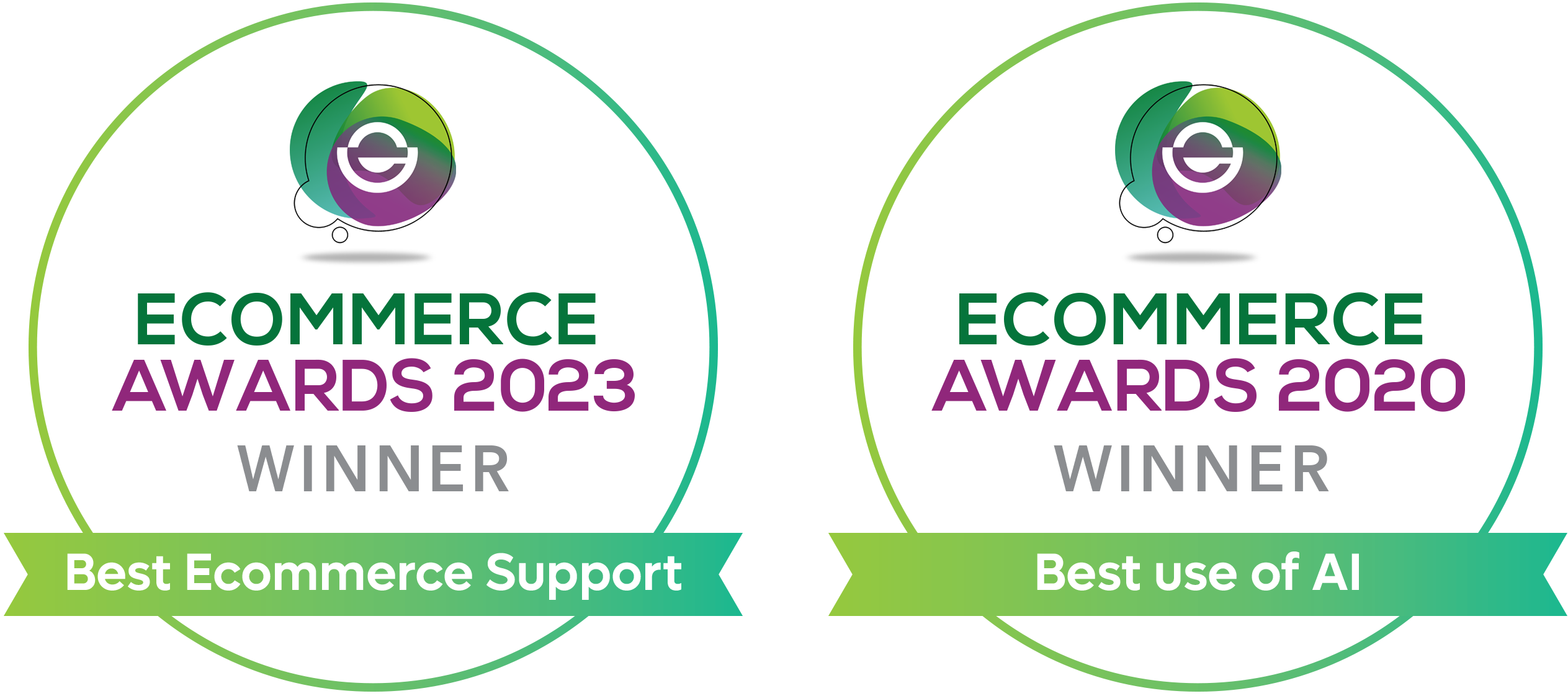Why you need a custom attribution model for your online business
If you are a multi channel online advertiser then there has never been a better time to consider the custom attribution model. Multi-touch customer journey analysis is now a must have for any company seeking to create a seamless omnichannel experience for their customers. From Youtube to Instagram to PPC, from the ad on the billboard to the display ad on Facebook – all these touchpoints contribute to the same journey and the final decision to buy. The challenge for marketers is to understand how to value all these touchpoints so they can focus resources on customer journeys which are most successful in delivering sales. Fortunately, there are now dozens of options for out of the box positional and data driven attribution models. The challenge is that these models are not adapted to the particular and unique customer journeys that your own customers make, depending on your market, sector and products.
The flaws of positional models are well known: while last-click attribution models are undervaluing the upper funnel touch points, first-click models are not considering the lower funnel. You might think that the linear model is a fair compromise, awarding equal credit to each touchpoint, but this is not accurate and does not allow marketers to optimise marketing spending and increase the ROI by investing in touch points which really work.
Data driven attribution seems like the ideal approach, but it is important to realise that not all data driven models are equal, and one size fits all data driven models cannot be optimal. Each brand’s customer journey is different, even within sectors, and standard attribution approaches have been developed across all online sectors and brands. They use standardised data models that work for scale across brands, leaving out huge amounts of valuable data. What’s more, most models which are advertised as data driven and highly accurate, do not in fact come with any reliable accuracy metrics when they are applied to your brand.
The solution, which is now possible with advances in machine learning, is to create a custom and entirely unique attribution model of your own. The benefits of custom models include more accurate measurement, more actionable insights, leveraging your data with machine learning, better organised and clearer customer journey data and the ability to incorporate your own customer, product and even offline signals.
Reason 1: Model accuracy for multi touch attribution
One of the main advantages of a custom built attribution model is accurate measurement. The model is based on first party data, which is crucial in the current climate where third-party cookies are on their way out. If data driven personalisation is also your marketing goal, then building the model based on first party data allows you to understand your customer needs, rather than relying on generalised and biassed third party data. Moreover, the measurement metric of your own customer model can be observed and tracked. If the accuracy falls then remodelling will allow you to ensure that the current analysis is up to date and highly accurate.
Custom build models also allow you to incorporate existing first party data with web analytics tools such as Google Analytics, Google Ads, inbuilt social media trackers and so on. This can help you unlock the understanding of how marketing actions drive different customer sales segments on different channels and elevate the accuracy of the model even further.
Reason 2: Superior campaign measurement
When it comes to the measurement of individual marketing campaigns, the data can be overwhelming and confusing. Increasingly, companies are using AI powered data analytics tools for organising and clarifying the data, followed by interpretation of the results by the AI model itself and the team of data analysts. A custom attribution model allows you to review the tactical performance of campaigns and adjust them to focus on what is working best. Very detailed analysis down to the keyword level can be performed to optimise your campaigns for display and social media. Also, the model can be linked to the automated search bidding and the PPC spend can be optimised with minimum manual or agency work, which simplifies everyday tasks for marketers.
Reason 3: Strategic marketing with a customer centric focus
Custom attribution models can also be designed to support strategic media planning, going beyond the usual tactical optimisation actions on digital marketing. This is because a predictive machine learning model can be used to provide robust predictions of a range of different marketing mix scenarios. Hence, marketers can simulate the sales response to short-term and long term marketing, and amend media planning based on these predicted insights.
More importantly, brands should be working to make all their activity more customer centric. Companies working to find the right balance between acquisition and retention strategies can factor in the increased value of marketing when it brings in repeat sales. This can be done by applying Customer Lifetime Value to purchases by different customer groups each with their own purchase and repeat purchase behaviour. Customer signals and purchase history can even be a part of the model features, allowing the attribution model to adjust to the way these different customers respond. All these insights and metrics can then be broken within reports designed to bring a more customer centric focus to marketing and analytics teams.
Reason 4: Can be combined with econometrics for bigger and better insights
A further benefit of custom attribution models is the ability to incorporate both online and offline marketing channels into your measurement strategy. By combining AI powered data analytics with econometrics you can factor in store sales into marketing analytics. Companies often make huge assumptions which drive major investment choices, such as crudely estimating how many store sales are driven by online marketing, by looking at ‘find my nearest store’ engagements. These estimates do not stand up to scrutiny and stand apart from your digital attribution and optimisation. A better approach is to develop an econometric market mix model, backed up by a programme of research and experimentation.
Econometrics provides a scalable methodology for estimating the role and influence of external pressures like price and seasonality, on both online and offline sales, and helps to estimate incrementality and assist budget planning choices. This complements attribution which is more granular and digitally focused. The two approaches should be developed together – for example, with consistent marketing, customer and product categorisations. Only a transparent and consistent set of analyses, designed to address your key marketing questions in a data driven way, can provide coherent insights into the strategic and tactical aspects of your marketing.
Conclusion
To conclude, custom attribution modelling is all about knowing your customer. By knowing your customer needs and wants businesses will be able to scale and personalise their marketing strategies to achieve high marketing ROI. The advantages of high accuracy, innovative measurement techniques and the ability to predict and plan, are helping marketing teams to automate highly optimised marketing and focus on strategic growth. Predictive custom models are making everyday tasks both easier and more precise while enhancing customer experiences and building up retention and Customer Lifetime Value. In an online environment that is more competitive than ever, only the very best in class attribution solution, custom built for your business, will give you the edge you need to breakthrough your marketing KPIs.
Get in touch with us for expert advice!
Thanks for reading – we hope you learned something through this high-level tour of marketing effectiveness methods. If you want to learn more about expert data analytics using AI, or are interested in how Metageni can help you use your data to grow online, then do get in touch with us: [email protected]
Gabriel Hughes PhD
Does this article resonate with you? Check out other posts to the right of this page.
Can we help unlock the value of your analytics and marketing data?
Metageni is a London UK based marketing analytics and optimisation company offering support for developing in-house capabilities.
Please email us at [email protected]















